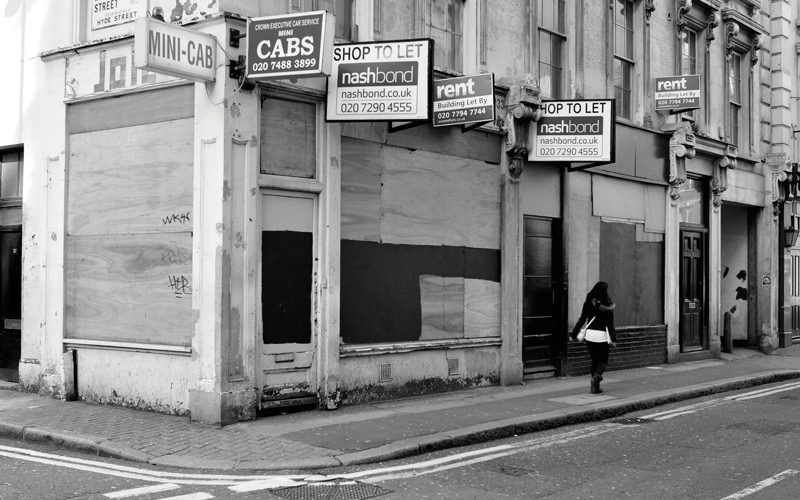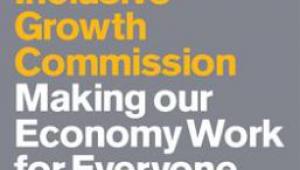
Economic growth has long been touted as the ultimate measure of a country’s success. Yet, the public aren’t buying it – not because they don’t care about economic prosperity but because they don’t believe it will benefit their daily lives.
The Good Growth Foundation’s recent report, Mind the Growth Gap, paints a stark picture: people don’t judge growth by GDP figures or stock market performance but by the money left in their pockets at the end of the month, the state of local services and whether they feel their lives are improving.
Unsurprisingly, the cost-of-living crisis is the public’s top concern. Nearly two-thirds see it as one of the biggest barriers to economic growth, and they overwhelmingly believe that reducing living costs should be the government’s primary economic aim.
Stability over aspiration
This isn’t just about lower prices but security. Three-quarters of people now prioritise financial stability over aspiration – a clear sign that economic anxiety has eroded the public’s confidence in upward mobility.
Yet, despite a decade of political promises to ‘level up’, the sense of economic stagnation persists. The public fear that growth will benefit the wealthy while leaving them behind – 46% worry that it will only widen the gap between rich and poor. This sentiment has been shaped by experience. While profits have soared for corporations and asset-holders, wages have stagnated, taxes have risen, and public services have deteriorated.
People don’t measure success by standard economic indicators. They don’t wake up and check GDP figures; they check their bank balances. Growth that doesn’t translate into tangible improvements in their lives isn’t just irrelevant to voters, it is a marker of failure.
This is the ‘growth gap’ – the disconnect between the way politicians talk about economic success and the way ordinary people experience it. When growth is felt only by a select few, it isn’t seen as a national success but as evidence of exclusion. If politicians want to win support for economic growth, they must make it real in people’s lives. So, what do the public really want?
- Lowered living costs. Any economic policy that doesn’t address this will fall flat. People experience the economy through their ability to afford essentials.
- Investment in people. The public see economic growth as a means to an end, not a goal in itself. Policies that improve healthcare, education and job training resonate more than abstract discussions about GDP or investment.
- Tangible growth. Superficial fixes, such as beautifying high streets without increasing disposable incomes, don’t fool anyone. People need to feel the benefits of growth, whether through lower costs, better wages or improved services.
- An active government that backs ordinary people to pursue opportunity. More than 50% of people want a government that takes an active role in driving economic prosperity. Stability is key. People need to see a coherent, long-term strategy, rather than a revolving door of short-term fixes.
Perhaps our most urgent finding is that more than 70% of people expect to see tangible benefits from economic growth within four years; and nearly half of swing voters expect results within two years.
People haven’t given up on the idea of growth, but they have lost patience with growth that doesn’t serve them. Economic growth must be a tool to build a fairer, more secure and more hopeful society.



















